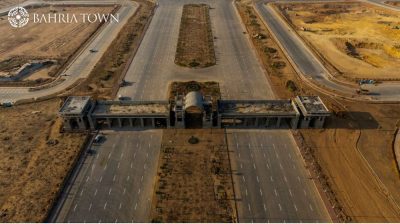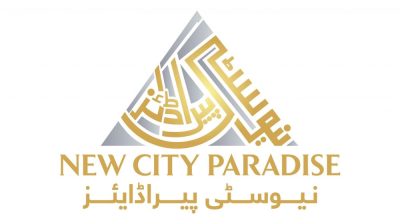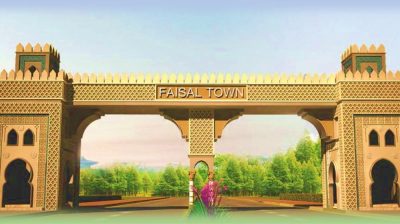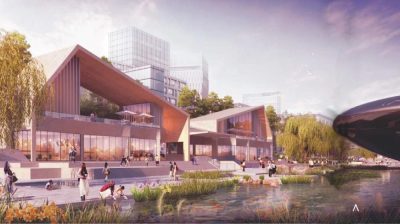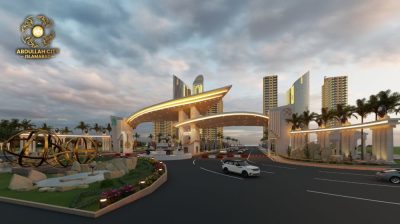RAWALPINDI: The Water and Sanitation Agency (Wasa) has included the long-pending Ghazi Barotha water supply project in this year’s annual development program.
According to officials, the move is aimed to provide a ‘permanent solution’ to the water supply challenges in Rawalpindi, Islamabad, and the adjoining cantonment areas.
The proposal suggests funding from the Capital Development Authority (CDA) and cantonment boards, with Wasa agreeing to contribute 25% of the project’s cost.
Furthermore, the estimated cost of phase one of the project is Rs. 22.98 billion, and it will be implemented in three phases.
Phases I and II will bring an additional 200 million gallons of water per day (MGD) to the twin cities, while phase III will increase the water supply to 250 MGD per day.
The project was initially initiated in 2004-05, intending to provide a continuous source of potable water from the Indus River System at Tarbela Dam.
However, it was shelved in 2009 due to water distribution disputes among provinces.
In 2016, after an agreement was reached among the provinces, the federal government approved the project for the CDA. The cost of the project is now expected to exceed Rs. 50 billion.
Punjab has agreed to allocate its water quota to Islamabad and Rawalpindi, while Sindh and Khyber-Pakhtunkhwa will receive their respective shares.
The project includes the construction of a water structure at Tarbela Dam, a water treatment plant, a water filtration plant, and a pump house.
Furthermore, a 60-kilometer pipeline will be laid from Ghazi Barotha to the Sangjani Water Filtration Plant.
Wasa has officially included the Ghazi Barotha water supply project in the new district development program and plans to launch it at the beginning of the new year.
The implementation of this project would effectively address the water supply issues in Rawalpindi and Islamabad, as the water pipeline from Sangjani to the twin cities and cantonments is already in place.
Source: Tribune

